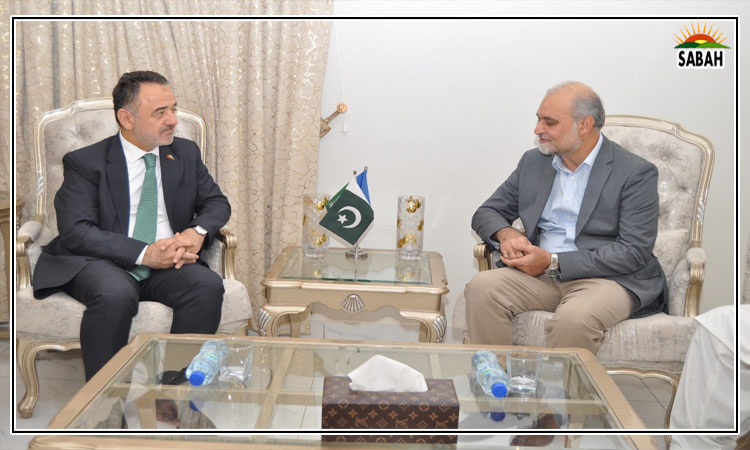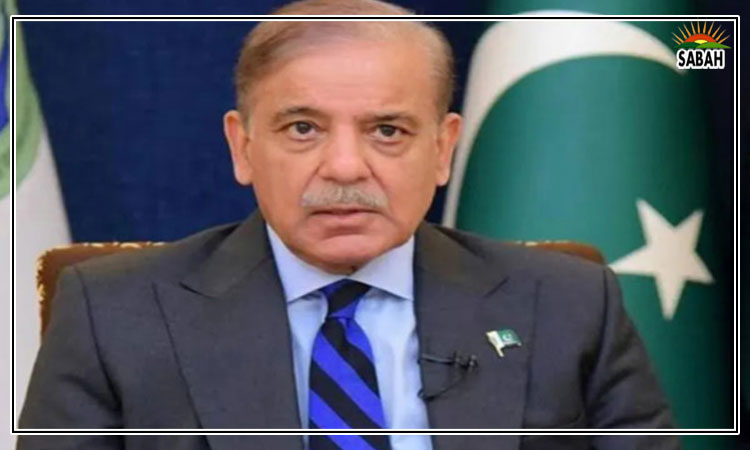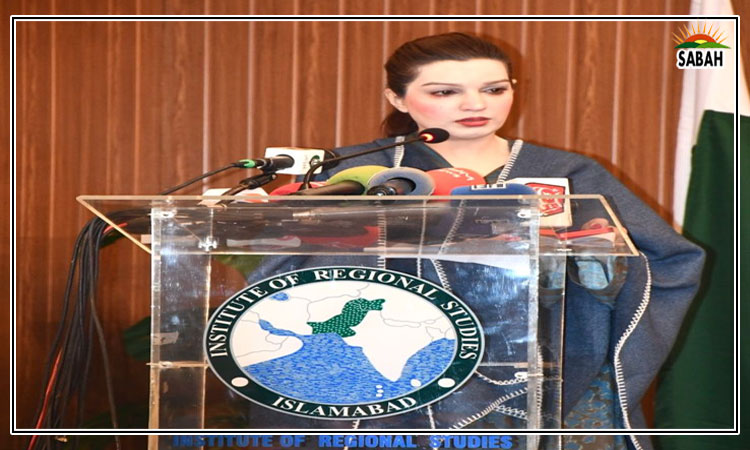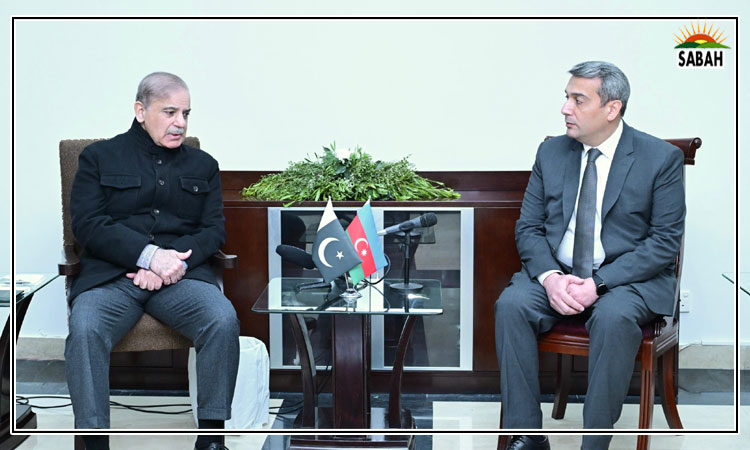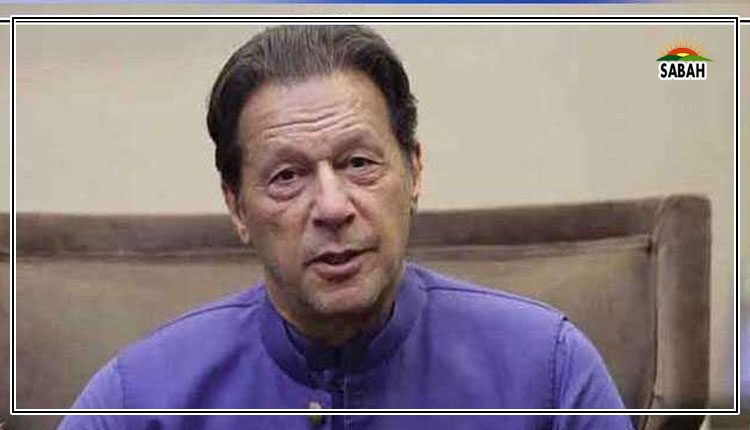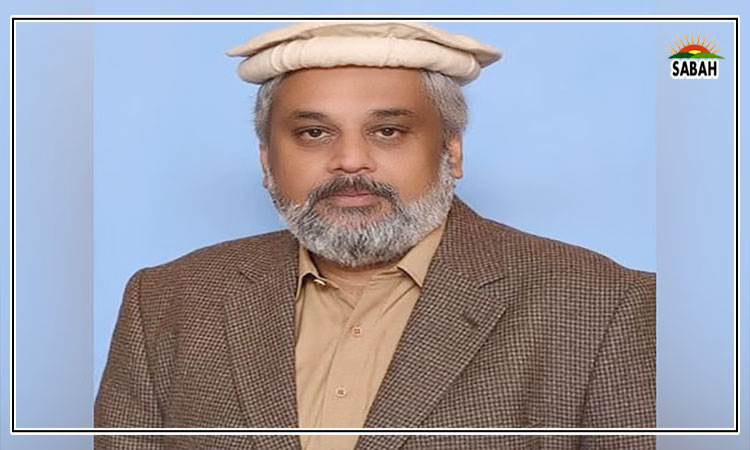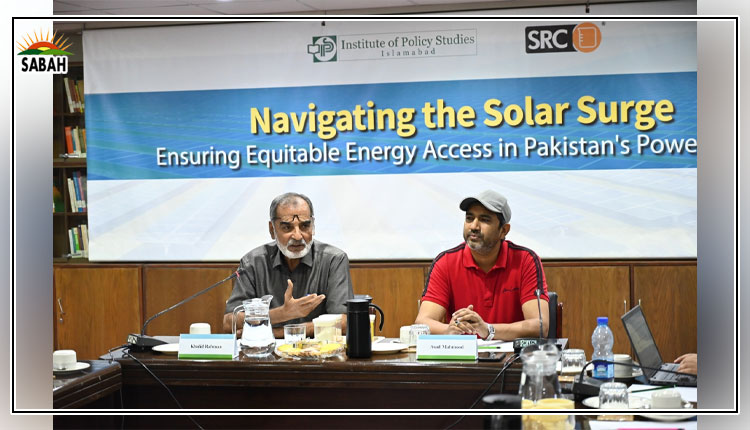Equitable energy access for all consumers urged amid solar surge
ISLAMABAD, Oct 24 (SABAH): The rapid growth of rooftop solar systems is transforming Pakistan’s energy landscape but also creating disparities for lower-income electricity consumers who remain dependent on the traditional grid. To address this, ensuring equitable energy access for all consumers is crucial.
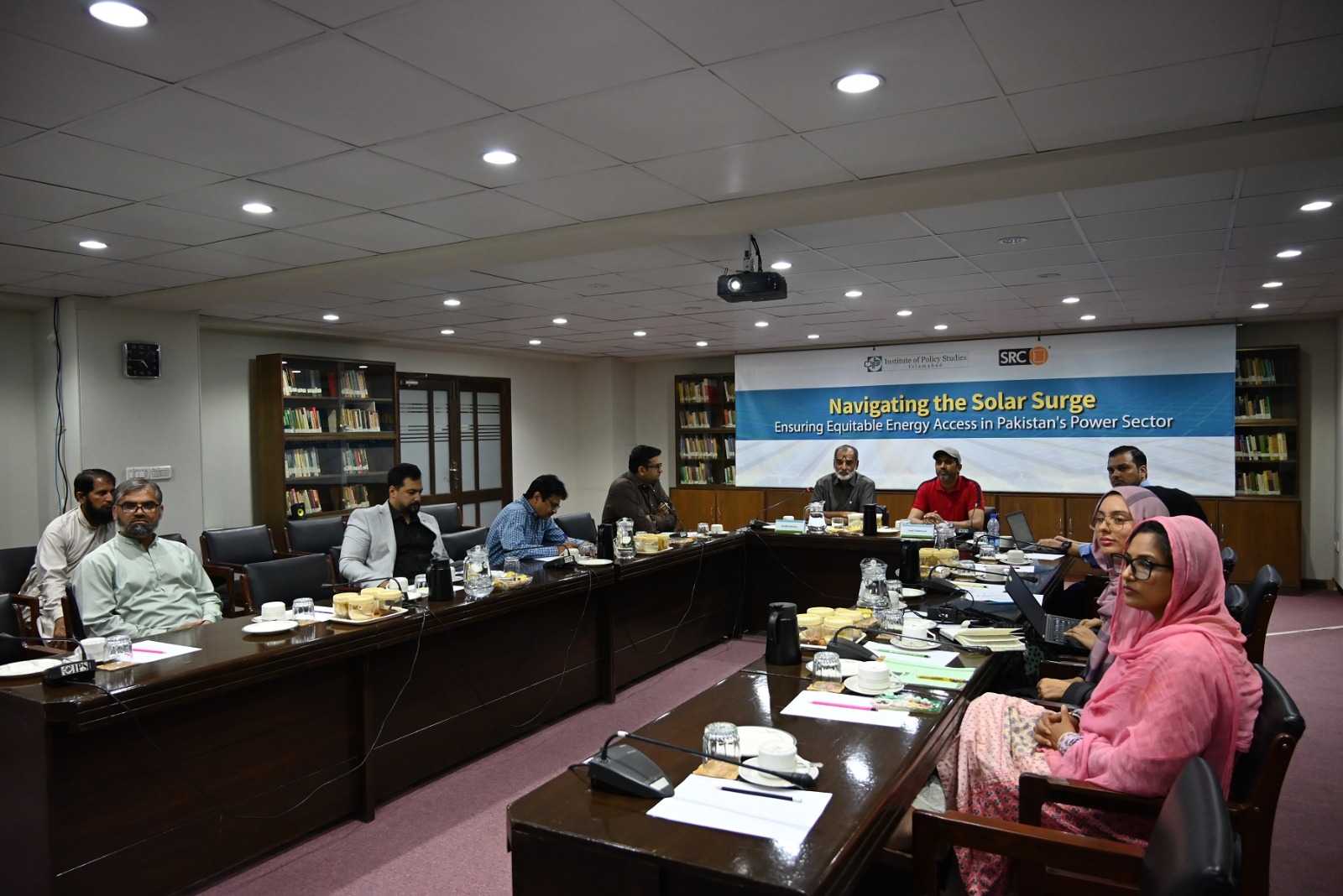
This concern was the focal point of a session titled “Navigating the Solar Surge: Ensuring Equitable Energy Access in Pakistan’s Power Sector,” hosted by the Institute of Policy Studies (IPS), Islamabad.
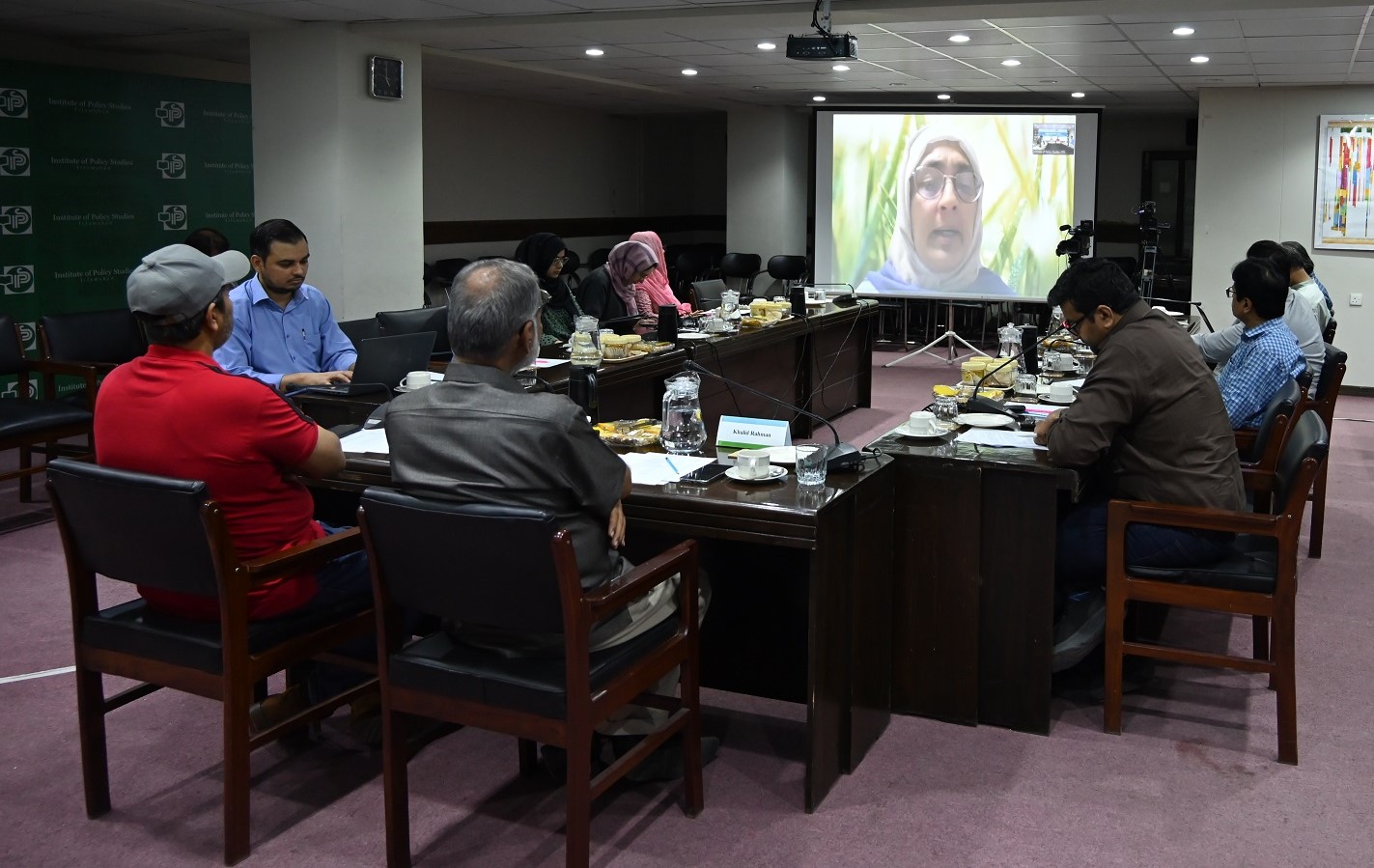
The session featured insights from Khalid Rahman, IPS Chairman, Ameena Sohail, senior IPS associate and energy advocate, Abubakar Ismail, head of energy & sustainability, Amreli Steels, Muhammad Musaddiq, CEO of Siddique Renewable Energy, Asad Mahmood, renewable energy expert, and Mirza Hamid Hassan, former federal secretary for Water & Power.
Wali Farooqui, research officer IPS, presented the study and pointed out that while falling solar costs have led to its mass adoption, it is mostly elite consumers benefiting from these savings. He noted that this shift is creating a two-tiered energy system, where those who cannot afford solar are at an increasing disadvantage, burdened with higher bills. “Those with higher-paying capabilities can shield themselves from rising electricity prices, but leaves lower-income consumers worse off as they are left facing a greater share of the grids costs,” Farooqui stated.
Khalid Rahman emphasized that the lack of timely amendments to net metering policies is exacerbating these inequities. He called for more inclusive policy development that ensures both solar adopters and grid-dependent consumers are treated fairly. He added that without assessing these changes and their broader impacts, we risk harming the majority of consumers.
Ameena Sohail warned of the strain that unchecked solar growth could place on grid operations. She called for a reassessment of Pakistan’s energy generation planning to prioritize solar integration without jeopardizing the financial and operational stability of the grid. She said that solar is commercially viable, but we need a regulatory framework that supports system stability while promoting solar adoption equitably.
Asad Mahmood highlighted the growing divide between those who can afford solar energy and those who cannot, stressing that while solar adopters benefit from significantly lower bills, many consumers are left facing increased economic pressure. He emphasized the need for clear regulations to determine how much solar the grid can handle, ensuring that its expansion doesn’t disadvantage those still reliant on traditional energy sources.
Abubakar Ismail emphasized the importance of equitable policymaking in the transition to solar energy, highlighting the challenges posed by solar intermittency. He pointed out that while renewable energy and decarbonization are universally supported, maintaining a reliable energy supply requires continuous power, even when solar generation is not available. This creates challenges for energy equity, as the maintenance of the utility’s wired network still incurs costs, which solar consumers may not be contributing to adequately. Additionally, balancing frequency, voltage, and supply from the grid during nighttime adds further costs that may not be fully accounted for. He warned that without policy and regulatory frameworks, the escalating shift towards solar could lead to imbalances in grid stability, potentially leading to a “duck curve” scenario in the next two years or so.
Muhammad Musaddiq expressed his concerns regarding the low penetration of solar energy in Pakistan, highlighting that power theft remains a significant challenge hindering progress in the sector. He noted the urgent need to address the environmental damage caused by fossil fuels and emphasized that the adoption of electric vehicles (EVs) and solar energy is inevitable and will continue to rise, potentially posing challenges for existing power plants.
In his closing remarks, Mirza Hamid underscored the importance of striking a balance between net metering consumers and those who remain dependent on the grid. He stressed that while solar energy adoption is vital for the country’s energy future, it is equally important to ensure that the costs of maintaining the grid are fairly distributed. Hasan advocated for a fair grid cost to be transferred onto net metering consumers, so that those relying on the grid are not unfairly burdened. He concluded by urging policymakers to create an equitable energy framework that supports both solar users and traditional grid consumers.
The session ended with a call for collaboration between stakeholders to ensure a sustainable and fair energy transition for all.



